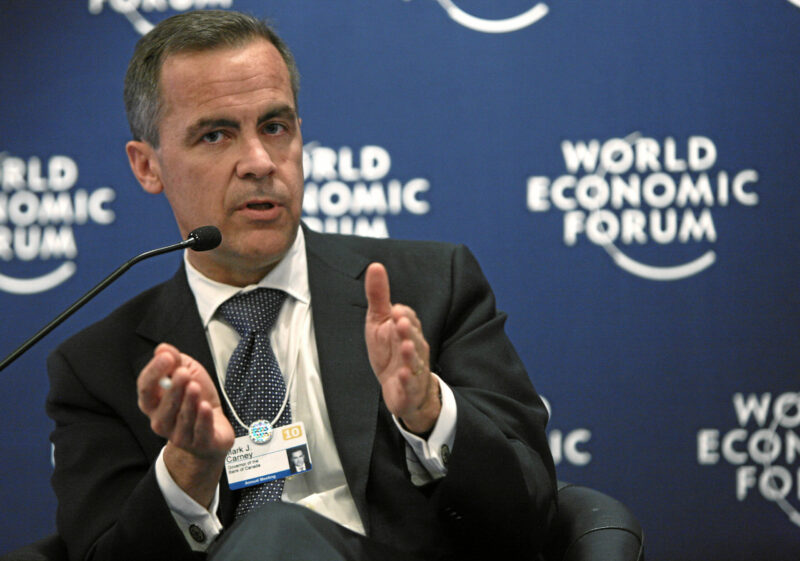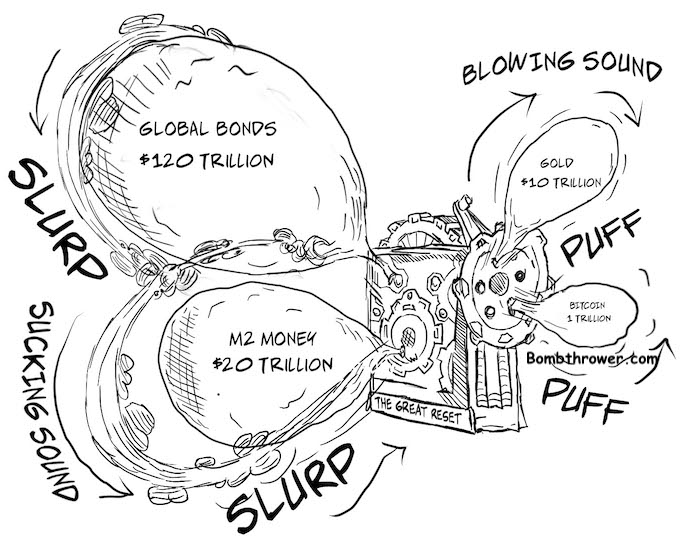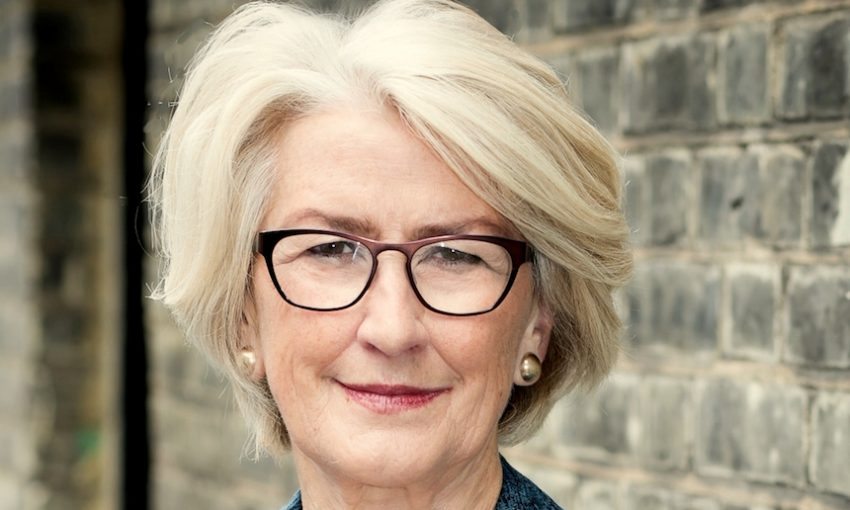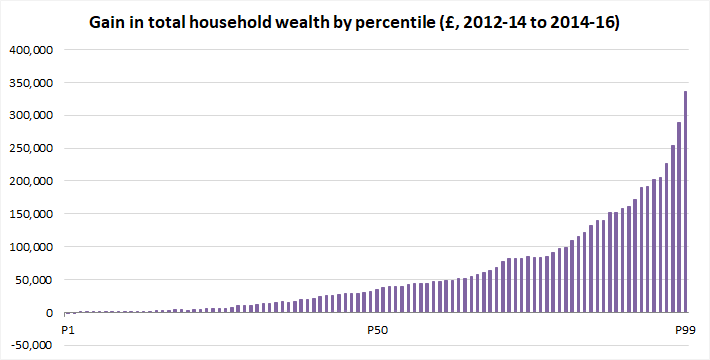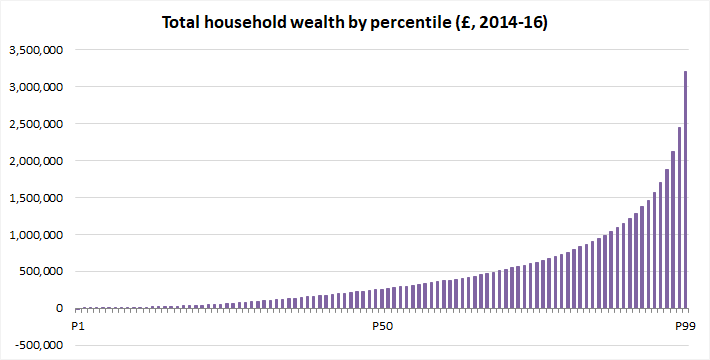The global economy is heading towards a “liquidity trap” that could undermine central banks’ efforts to avoid a future recession according to Mark Carney, governor of the Bank of England. In a wide-ranging interview with the Financial Times (January 8, 2020), the outgoing governor warned that central banks were running out of ammunition to combat a downturn:
If there were to be a deeper downturn, more than a conventional recession, then it’s not clear that monetary policy would have sufficient space.
He is of the view that aggressive monetary and fiscal policies will be required to lift the aggregate demand.
What Is a Liquidity Trap?
In the popular framework that originates from the writings of John Maynard Keynes, economic activity is presented in terms of a circular flow of money. Spending by one individual becomes part of the earnings of another individual, and spending by another individual becomes part of the first individual’s earnings.
Recessions, according to Keynes, are a response to the fact that consumers — for some psychological reasons — have decided to cut down on their expenditure and raise their savings.
For instance, if for some reason people become less confident about the future, they will cut back their outlays and hoard more money. When an individual spends less, this will supposedly worsen the situation of some other individual, who in turn will cut their spending. A vicious cycle sets in. The decline in people’s confidence causes them to spend less and to hoard more money. This lowers economic activity further, causing people to hoard even more, etc.
Following this logic, in order to prevent a recession from getting out of hand, the central bank must lift the growth rate of the money supply and aggressively lower interest rates. Once consumers have more money in their pockets, their confidence will increase, and they will start spending again, reestablishing the circular flow of money, so it is held.
…click on the above link to read the rest of the article…



